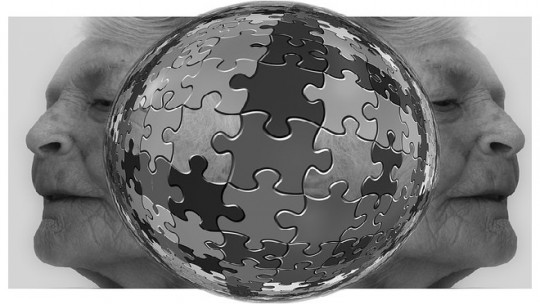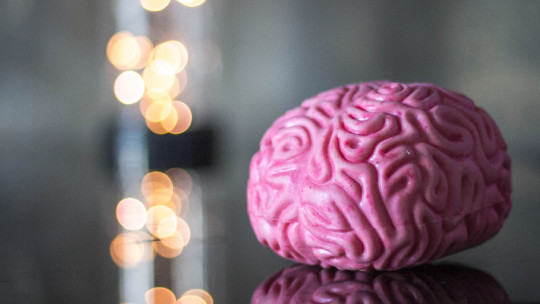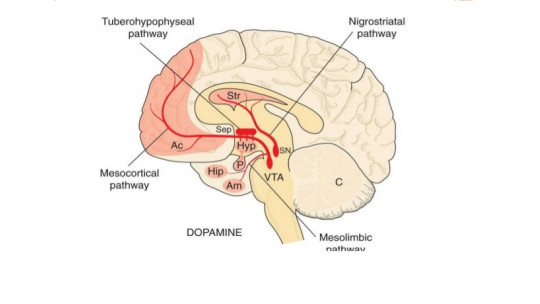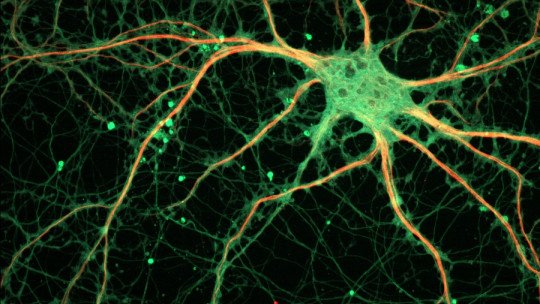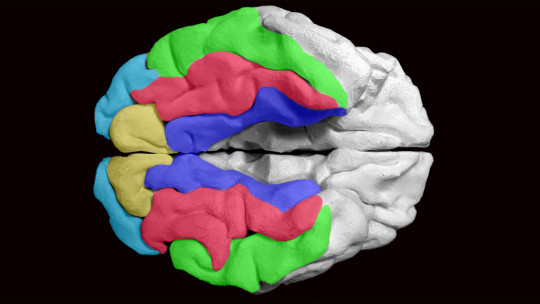
Brain damage frequently causes alterations in cognition that manifest in very diverse ways. The cognitive reserve, which protects us from this type of symptoms is defined as our mind’s resistance to injury and deterioration.
In this article we will examine the concept of cognitive reserve, particularly in the setting in which it is most commonly used: dementia. We will also describe the factors that influence the presence of a greater cognitive reserve and memory preservation
Defining cognitive reserve
The concept “cognitive reserve” is used to refer to the ability to resist brain deterioration without presenting symptoms. Sometimes, even if there is objective damage to the central nervous system that would justify a diagnosis of dementia, the neuropsychological evaluation does not detect cognitive impairment in the person with impairment.
Once they begin to develop neurodegenerative diseases, people with a high cognitive reserve take longer to show symptoms than those with a lower reserve. These effects have been related to the presence of greater cognitive abilities that make it possible to compensate for the behavioral and neuropsychological deficits typical of dementia.
However, in these cases usually symptoms appear suddenly, in contrast to the typical progression of this type of disease. This has been associated with the joint failure of the strategies used to confront the deterioration; Once a certain degree of brain damage has been reached, the person would be unable to activate these compensatory abilities.
Unlike the term “brain reserve,” which emphasizes the resilience of the nervous system, cognitive reserve refers rather to the optimization of brain resources through various strategies that allow performance to decrease to a lesser extent in the presence of neurological damage. Thus, it is a functional concept, not just a structural one.
Cognitive reserve and dementia
In a 1988 study, Katzman and his colleagues found that some people with Alzheimer disease They did not show symptoms of dementia, or these were very mild compared to the neurological damage they presented. These people also had a greater number of neurons and their brains weighed more than expected.
The results of this and other studies have been attributed to the existence of a cognitive reserve, that is, a greater number of neurons and synapses before the development of the disease It is believed that cognitive reserve depends on the person’s degree of physical and mental stimulation; For example, education and employment reduce the risk of dementia.
25% of older people in whom cognitive impairment is not detected before their death meet the diagnostic criteria for Alzheimer’s disease (Ince, 2001). In this way, even if someone presents a clinical picture of dementia at a neuroanatomical level, if their cognitive reserve is high, the symptoms may not manifest.
Although cognitive reserve is usually talked about in relation to dementia, in reality it can be applied to any alteration of brain functions; For example, greater reserve has been found to prevent the cognitive manifestations of head trauma, schizophrenia, bipolar disorder or depression
Factors that prevent deterioration
There are different types of factors that contribute to increasing cognitive reserve and, therefore, help prevent the psychological symptoms of dementia and other disorders that affect the brain.
As we will see, these variables are fundamentally related to the level of activity and stimulation, both physically and mentally
1. Cognitive stimulation
Various studies have found that continued cognitive stimulation increases brain cognitive reserve. A very important factor in this sense is the educational level, which is associated with greater neuronal connectivity and growth throughout life, but especially at early ages.
On the other hand, professions that are more cognitively stimulating are also very beneficial. These effects have been detected especially in jobs that require a complex use of language, mathematics and reasoning and are probably related to less atrophy in the hippocampus, a structure involved in memory.
2. Physical activity
Research on the influence of physical activity on cognitive reserve is less conclusive than those that study mental stimulation. It is believed that Aerobic exercise can improve brain blood flow as well as the functioning of neurotransmitters and the growth of neurons.
3. Leisure and free time
This factor is related to the previous two, as well as social interaction, which also stimulates the functioning of the brain. Rodríguez-Álvarez and Sánchez-Rodríguez (2004) state that elderly people who engage in more leisure activities show a 38% reduction in the likelihood of developing dementia symptoms
However, correlational research carries a risk of reversal of causality; Thus, it could simply be that people with less cognitive impairment engage in more leisure activities, and not that these prevent the progression of dementia.
4. Bilingualism
According to research by Bialystok, Craik and Freedman (2007), people who use at least two languages very regularly during their lives take on average 4 years longer than monolinguals to show symptoms of dementia, once the brain begins to deteriorate. .
The hypothesis proposed by these authors is that competition between languages favors the development of an attentional control mechanism This would not only explain the benefits of bilingualism for cognitive reserve, but also the improvement in cognitive functioning of children and adults who master several languages.

